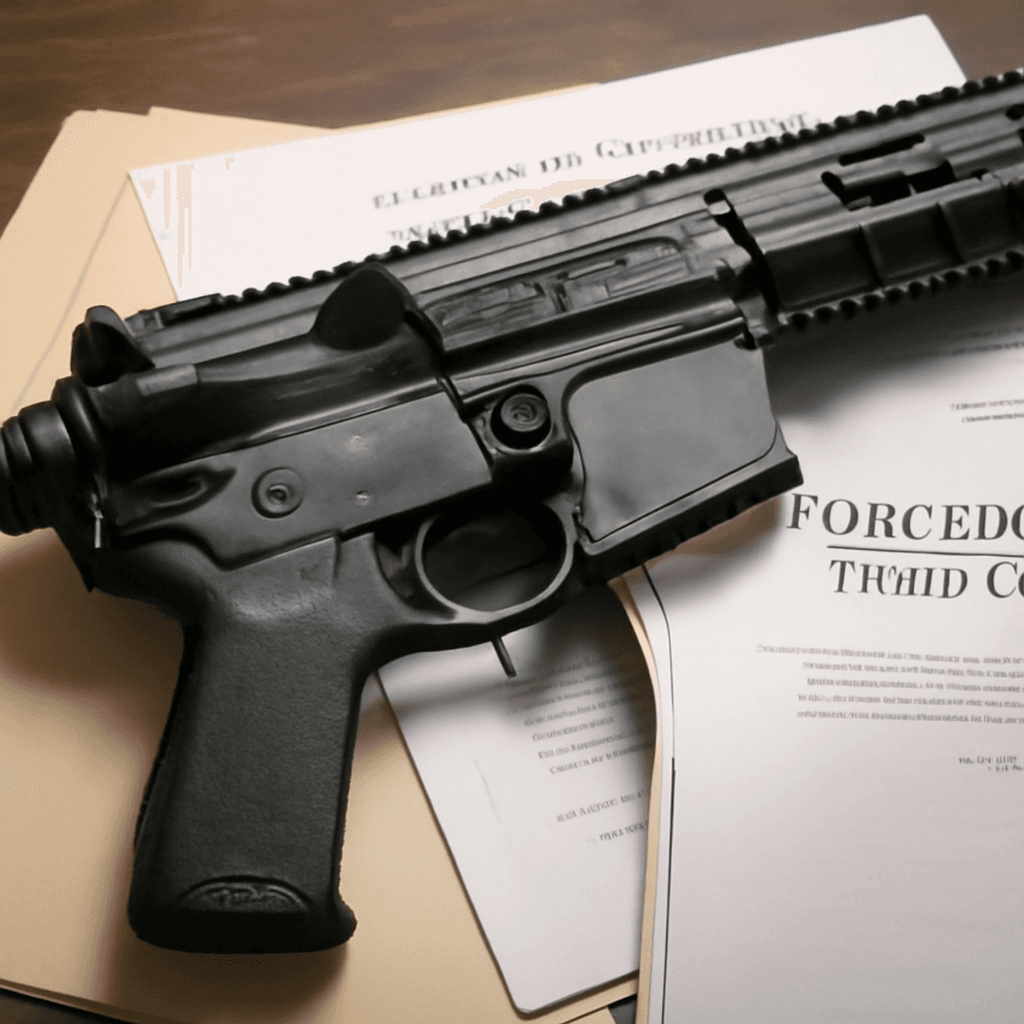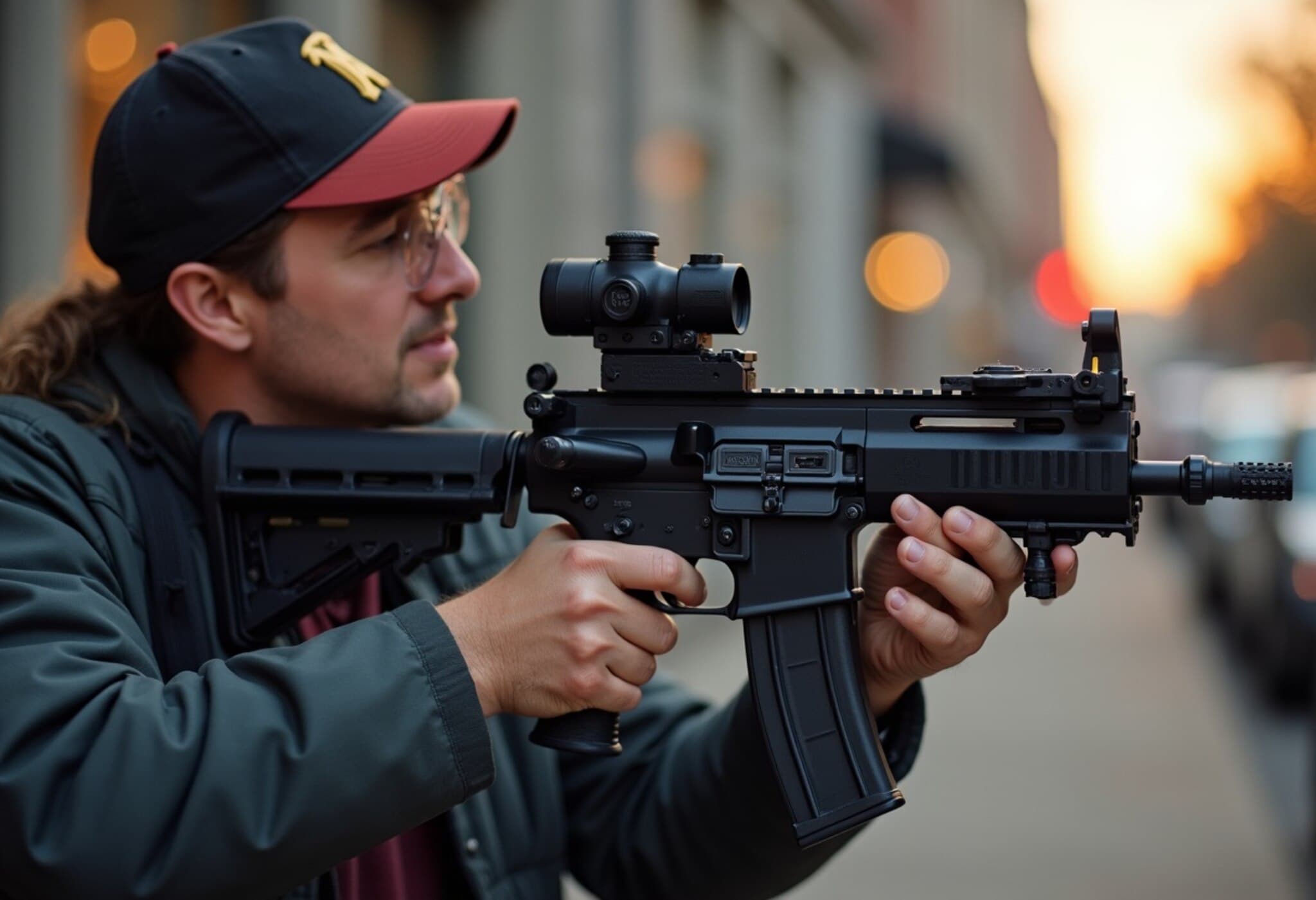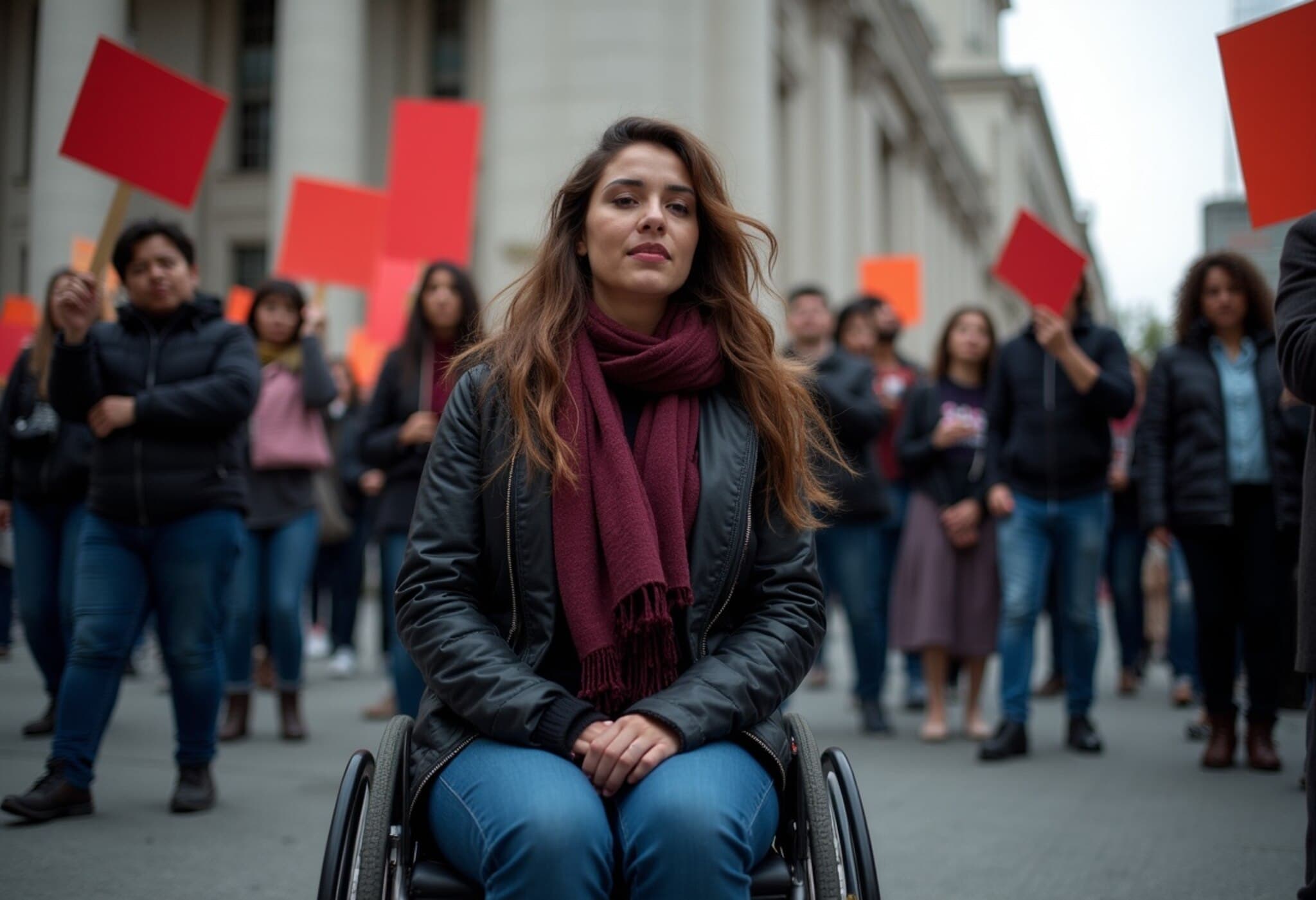16 States File Lawsuit Against Federal Government Over Rapid-Fire Rifle Triggers
Sixteen states have launched a legal challenge against the federal government’s recent agreement permitting the sale of forced-reset triggers—devices that increase the firing speed of semiautomatic rifles. The lawsuit, filed Monday in a Maryland federal court, argues that allowing these triggers to return to the market contravenes federal law and jeopardizes public safety.
What Are Forced-Reset Triggers?
Forced-reset triggers replace the standard trigger mechanism on rifles like the AR-15, enabling a shooter to fire rounds more rapidly by resetting the trigger faster than normal. Their opponents contend this effectively makes semiautomatic rifles capable of near-automatic fire, raising significant legal and safety concerns.
Background: The Legal Battles and Government Positions
Under the previous administration, these triggers were banned based on the interpretation that prolonged finger pressure effectively turns the rifle into a machine gun. The Biden administration maintained that stance, asserting that forced-reset triggers meet the legal definition of machine guns under federal law.
Conversely, Rare Breed Triggers, the company manufacturing these devices, disputed this classification. Prior to a recent court settlement, the manufacturer resisted government demands to halt sales.
The Recent Settlement and State Reaction
Last month, the Department of Justice announced a settlement with Rare Breed Triggers. Under its terms:
- The Bureau of Alcohol, Tobacco, Firearms and Explosives (ATF) will return previously seized or voluntarily surrendered forced-reset triggers to owners.
- Rare Breed Triggers agreed not to produce similar devices for handguns.
This decision sparked immediate backlash from the coalition of states, led by the attorneys general of Delaware, Maryland, and New Jersey. These states argue the settlement disregards federal law and will exacerbate gun violence, threatening both residents and law enforcement personnel.
States Joining the Lawsuit
In addition to Delaware, Maryland, and New Jersey, the following states have joined the suit:
- Colorado
- Hawaii (nonpartisan AG office)
- Illinois
- Maine
- Massachusetts
- Michigan
- Minnesota
- Nevada
- Oregon
- Rhode Island
- Vermont
- Washington
- District of Columbia
Notably, the attorneys general from these states are predominantly Democrats, reflecting partisan divides on gun control issues.
What’s Next?
As the case unfolds, it underscores the continuing tensions between state governments and federal authorities over firearm regulations, especially on devices that blur the lines between semiautomatic and automatic capabilities. Observers expect intense courtroom battles ahead as both sides seek to sway the legal and public opinion.











